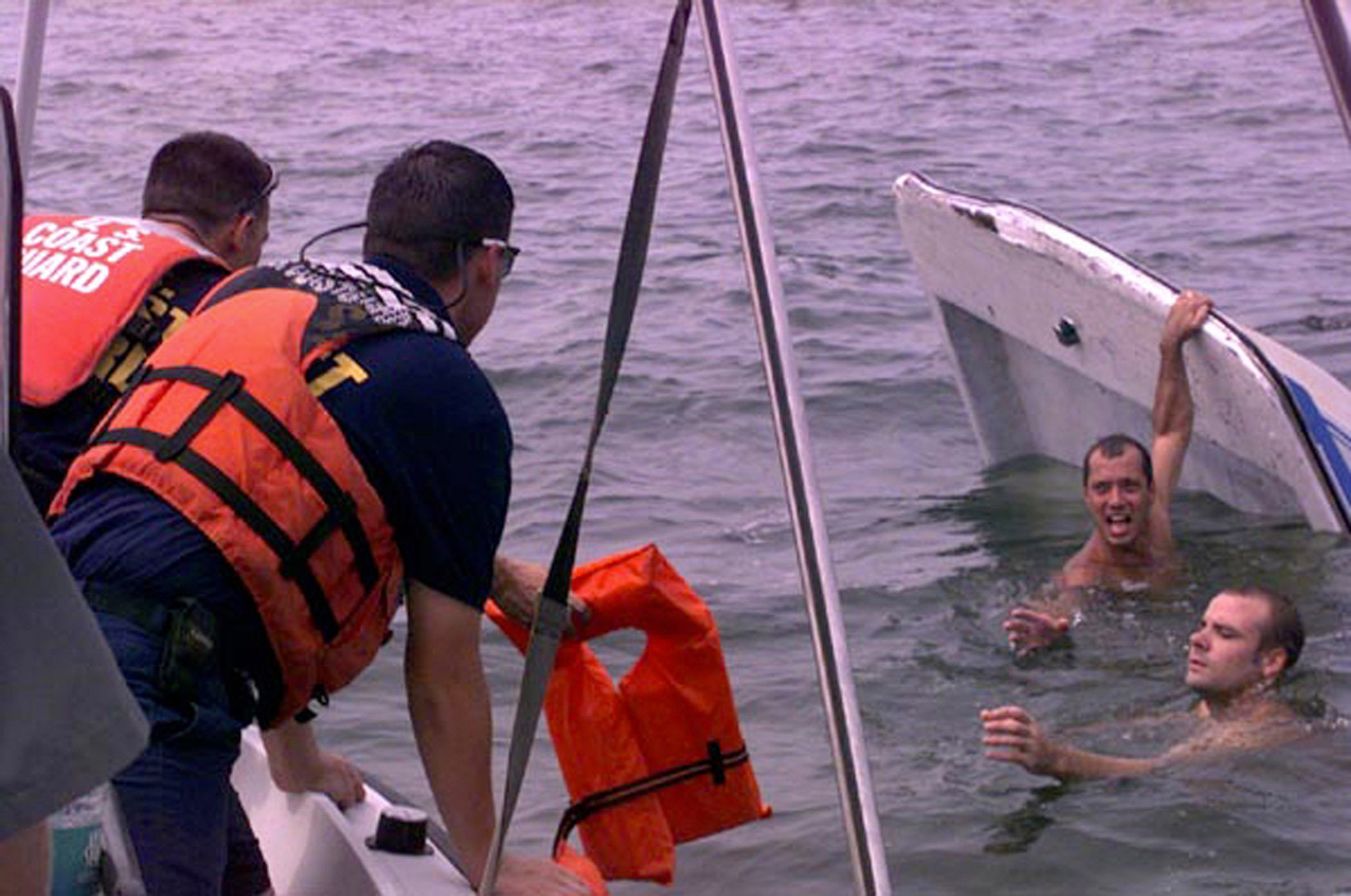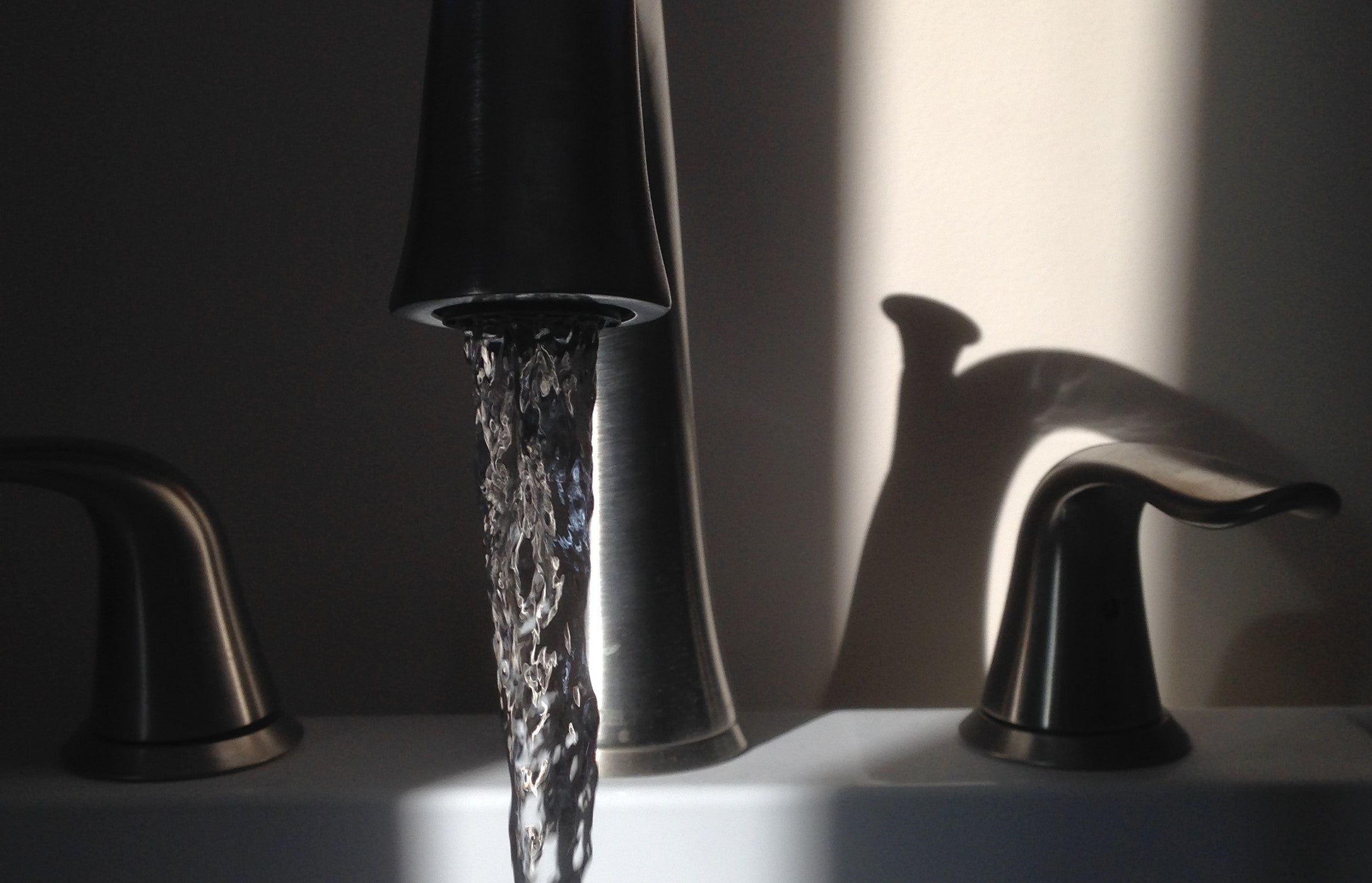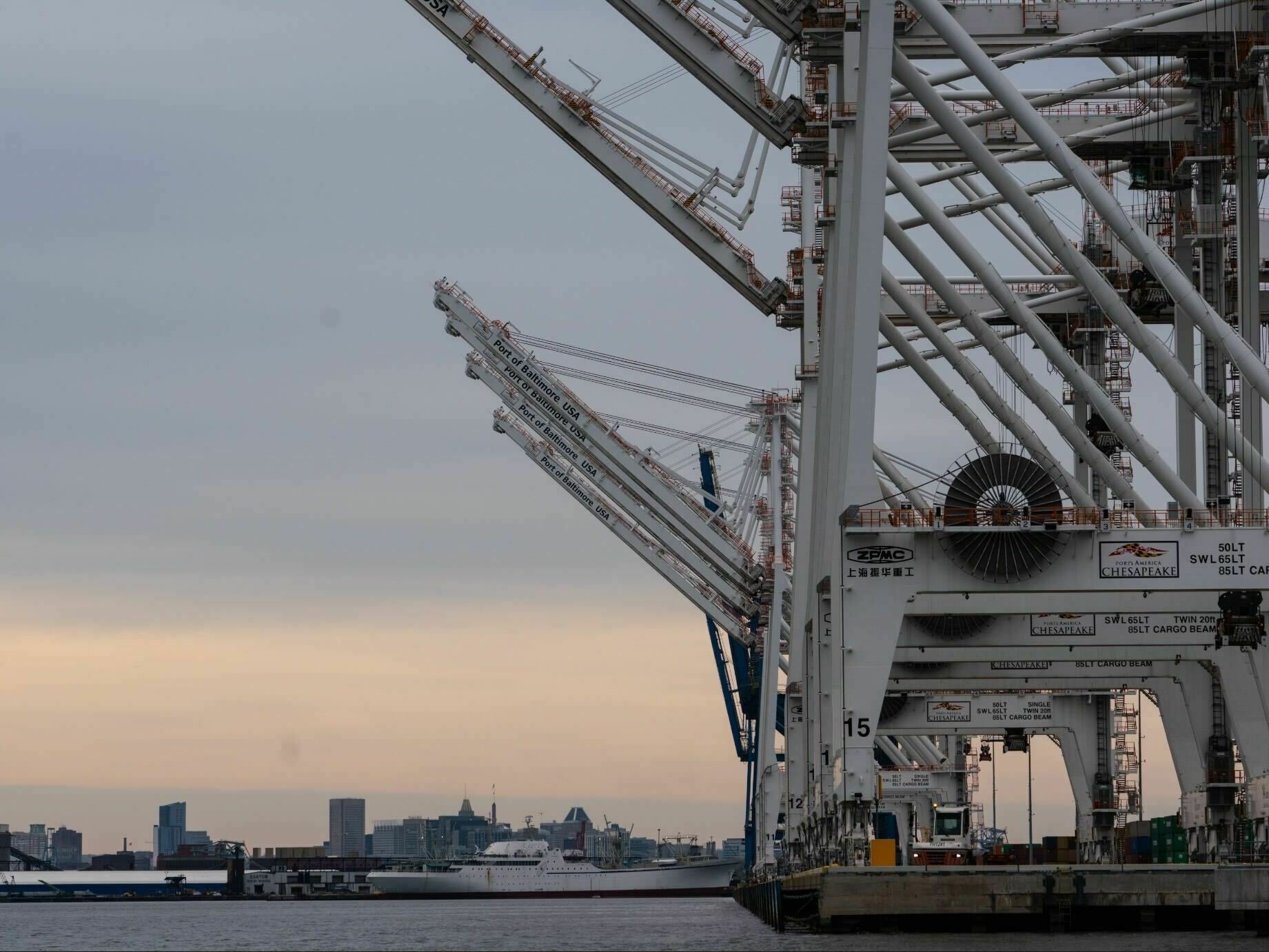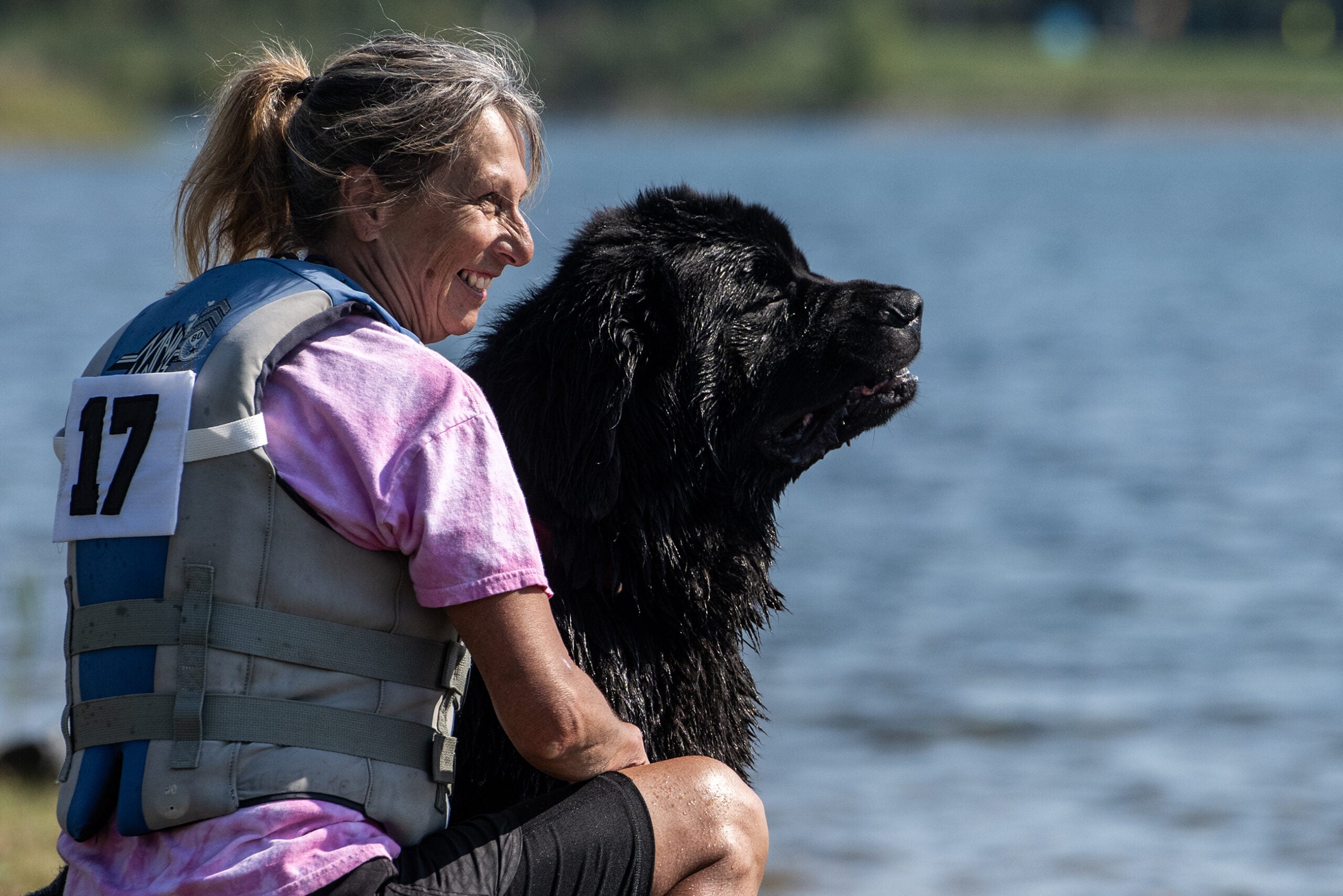Boating season is underway and we talk with two representatives from the Wisconsin Department of Natural Resources about what you can do to have a safe season on the water.
Featured in this Show
-
Gearing Up For Boating Season
Boating season is in full swing, and there’s a lot to know before going out on the water.
Catherina Nooyen, safety specialist warden at the Wisconsin Department of Natural Resources, and Kyle Drake, recreational safety warden at the DNR, shared their tips.
First and foremost, do you have the proper license for your boat, and for operating it?
The only boats that need to be registered are boats with a motor and sailboats over 12 feet long, Drake said.
“Any manually propelled boat does not need to be registered — canoes, kayaks, rowboats, do not need to be registered,” he said, although there is a voluntary registration program if you’d like your boat to be tracked in case it gets stolen or lost. Make sure you renew your registration, because DNR officers are able to check whether your boat has proper registration via radio, Drake said.
Regarding operating permits, children under the age of 10 cannot operate a motorboat, Nooyen said. Children between 10 and 11 years of age can operate a motorboat if accompanied by a parent or guardian who’s at least 18 years old.
Children from 12-15 years old can operate a motorboat accompanied by a parent or guardian, or alone if they’ve completed a DNR boater safety course. Those between the ages of 16 and 27 or 28 — those born on or after Jan. 1, 1989 — can only operate a motorboat with a boater safety course certificate.
The regulations are different for personal water crafts. Children under age 12 cannot operate PWCs. Those between 12 and 16 can with a boater safety certificate.
Something Nooyen and Drake stressed is the importance of life jackets, and actually wearing them when you’re out boating. That goes for manually operated boats as well as motorboats.
“Last year, over 50 percent of our fatal boating incidents were nonmotorized boats,” Drake said.
Before purchasing a life jacket, make sure it’s Coast Guard-approved, Nooyen said. It’s also best practice to test the condition of your life jacket at the beginning of the season.
“You wanna check for at the beginning of the season that it still fits, tears, holes, it’s not waterlogged, mildew … that the straps aren’t broke, that everything’s working,” she said. It’s also important to make sure children have their own life jackets, as standard ones don’t fit them and are likely to fly off if they’re thrown in the water, she said.
You also need to keep note of your distance from docks and other boats.
“Any motorboat that comes within 100 feet of any raft, dock or pier has to be operated at slow no-wake — and by slow no-wake, we mean just basically idle speed, the slowest speed you can go and still maintain steerage,” Drake said.
When it comes to keeping distance from other boats, though, Wisconsin state law doesn’t have a distance requirement, he said. But if you’re water skiing, you have to stay at least 100 feet away from anchored, occupied boats, he said. That may vary depending on specific rules for whatever lake you’re in, though, and it’s worth checking.
When you’re planning a day out on the water, be sure to check the weather first, and decide how far out you’ll go and when you’ll return based on that, Nooyen said.
“Letting people know where you’re going, and when you’re gonna be back, so if you do run into any problems people can start looking for you,” she said.
If you see lightning when you’re on the water, return to shore as quickly as possible. If you’re lost and are unable to find your way back, Drake recommended going to the closest shoreline, docking and waiting out the storm there.
If you see safety violations and would like to notify the DNR, you can call 1-800-TIP-WDNR.
Episode Credits
- Larry Meiller Host
- Jill Nadeau Producer
- Catherina Nooyen Guest
- Kyle Drake Guest
- Larry Meiller Interviewer
Wisconsin Public Radio, © Copyright 2024, Board of Regents of the University of Wisconsin System and Wisconsin Educational Communications Board.





